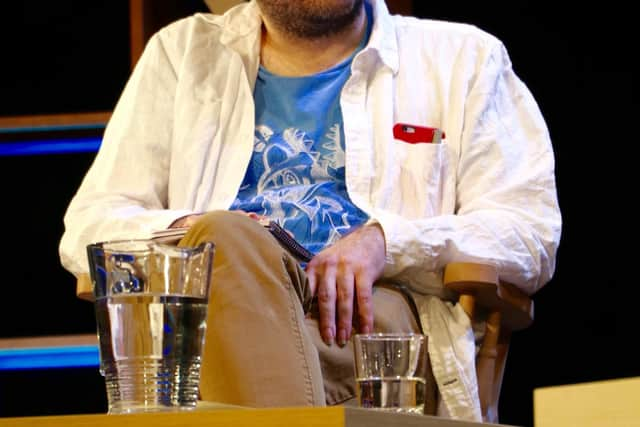In an era of slapdash mass production, here is a craftsman at work - Laura Waddell
If reading a book about the translation of another book sounds like your idea of a good time - and it is mine - you’ll be intrigued by Catching Fire: A
Translation Diary, published simultaneously with Never Did the Fire. Daniel Hahn demystifies how literary translation works with this on-the-job diary of the process. I’m not convinced there’s still not a little magic in the mix, but Hahn (known in the book world as an advocate for translation) is on a light-hearted, word-loving mission to pull back the curtain, revealing the dilemmas faced by translators.


Advertisement
Hide AdAdvertisement
Hide AdNot only must the essential meaning of a word be conveyed, but also all the context and association intended by the author in its original usage, while preserving something of the author’s voice and style, tricky when, to give a straightforward example, translating a language with gendered nouns into one without. It’s fun to join Hahn through a series of these dilemmas, with points chipped in from translator friends, in this nerdy insider’s guide to the niche but industrious world of translation and book publishing. In an era of slapdash mass production, here is a craftsman at work, paying close attention to each and every word.Finally, wisdom from Elena Ferrante, translated by Ann Goldstein, in new book In the Margins, a slight collection of essays originally written as lectures for the University of Bologna. Reflecting on how writers owe a debt to literature that came before, she says of her process: “Firstly, the act of writing is a pure tempting of fate: second, what writing captures doesn’t pass through the sieve of a singular I, solidly planted in everyday life, but is twenty people […], when I write, not even I know who I am.”
You might have noticed that book acknowledgements sometimes say ‘it takes a village’ to create a book - a trope that has a lot of truth in it.
